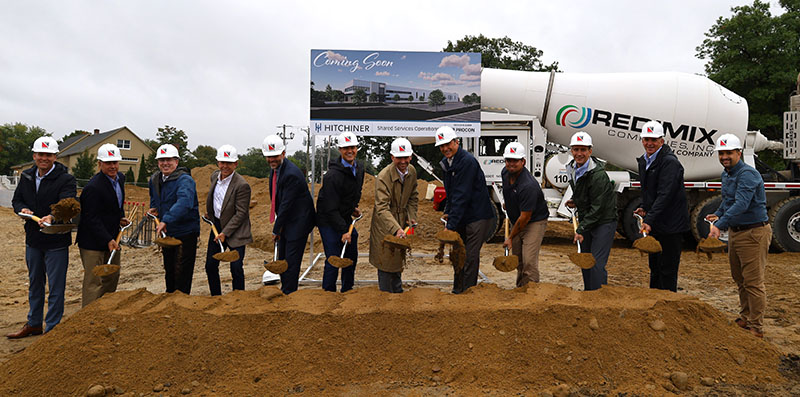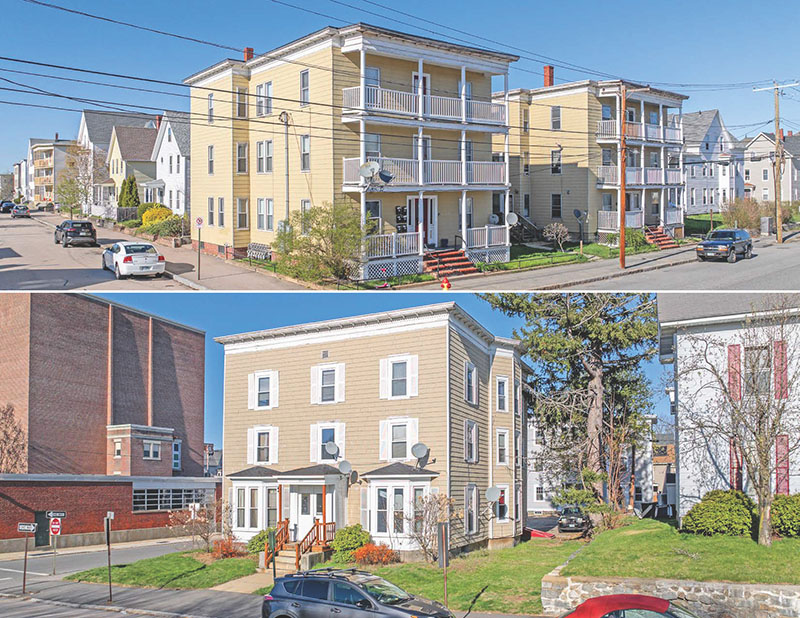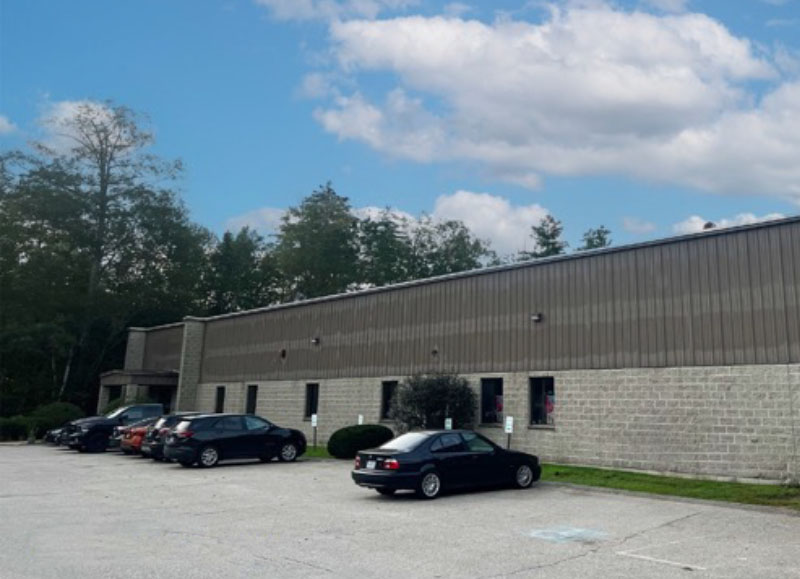Requirements for subdivisions under the Land Sales Full Disclosure Act - by Philip Hastings
 Philip Hastings, Cleveland, Waters and Bass, P.A.
Philip Hastings, Cleveland, Waters and Bass, P.A.“Naked woman arrested at I-95 Welcome Center” read the headline of my morning paper one day a few weeks ago. That caught my attention. But, as a real estate lawyer, the headline of the story above that one was what really caught my eye - “Developers settle Rochester claims with state.” Seems like there was more than one person caught with their pants down.
Digging further, it turns out that the Consumer Protection and Antitrust Bureau of the New Hampshire Attorney General’s Office recently entered into a settlement agreement (an “Assurance of Discontinuance”) with five developers of a residential subdivision in Rochester. The developers had been accused of violating the State’s Land Sales Full Disclosure Act (LSFDA) by entering into purchase and sale agreements without telling the buyers that they had a five-day right of cancellation and prior to registering the lots with the Consumer Protection Bureau. A sixth developer entered into a separate Assurance of Discontinuance over allegations that it had transferred lots to other companies without obtaining the necessary exemptions under the LSFDA.
In June of 2015, the Consumer Protection Bureau had resolved similar allegations with a different developer regarding a subdivision in Bow.
In the Rochester case, the developers paid the state a total of $35,000 in lieu of civil penalties and agreed to reimburse the state for the costs of the investigations. The developer in the Bow matter paid $9,000 in lieu of a civil penalty plus $3,000 for the state’s cost.
These cases are a reminder to all residential developers about the LSFDA, which applies to all subdivisions of more than 15 lots. Under the statute, a developer of such a subdivision:
• May not enter into a sales agreement for (or otherwise transfer) any lot without first registering the subdivision with the Consumer Protection Bureau.
• Must provide all purchasers with a “public offering statement” prior to entering into a sales agreement.
• Must give all purchasers the unqualified right to cancel, without penalty, the transaction within five days following the execution of the sales agreement.
Registration of a subdivision involves submitting fairly extensive information about the project and the developer to the Consumer Protection Bureau. This information includes:
• A description of the subdivision and any proposed streets, amenities and off-site improvements.
• The developer’s name, address and form of organization, as well as financial statements.
• The name, address and occupation of the developer’s principals.
• The status of title to the property.
• Assurance from the holders of any mortgages or liens on the lots that partial releases will be given.
• Form sales agreements and deeds.
• The status of all permits and approvals and special taxes or assessments affecting the subdivision.
• Information on access, sewage disposal and other utilities serving the subdivision.
• The developer’s promotional plan.
• The proposed public offering statement.
The public offering statement is essentially a summary of important information regarding the subdivision. It must include a notice of the buyer’s right to cancel the transaction within five days. The developer should update the public offering statement from time to time to reflect changing conditions, and purchasers should acknowledge that they have received the statement in writing.
For partially completed subdivisions, successor developers should be mindful that the Consumer Protection Bureau will want information about the status of the subdivision and information specific to the successor developer.
As indicated by the Rochester and Bow cases, the Consumer Protection Bureau takes the LSFDA’s requirements seriously and is not hesitant to take enforcement action. In addition, the statute provides purchasers with civil remedies against any developer who violates its provisions, including the right to rescind the sale after the fact and recover the purchase price, plus interest and exemplary damages.
The requirements of the LSFDA are similar to the requirements imposed under the Condominium Act on residential condominium projects having more than 10 units.
In both instances, care should be taken to comply with the consumer-protection requirements. Oversights, short-cuts and mistakes are costly. Investing in the right legal professionals from the outset of a development project will pay dividends in the long-run.
Philip Hastings is the president and a shareholder and director of Cleveland, Waters and Bass, P.A. Concord, N.H.








